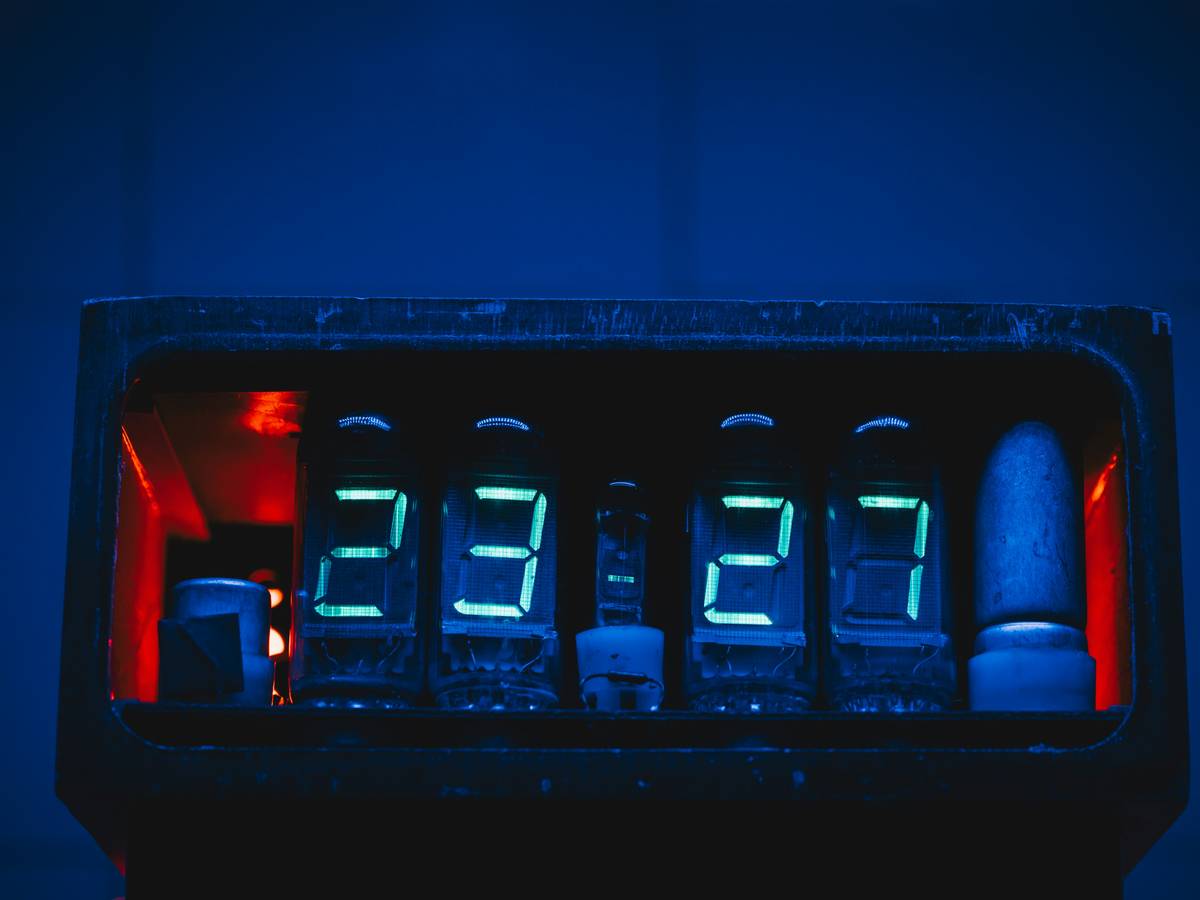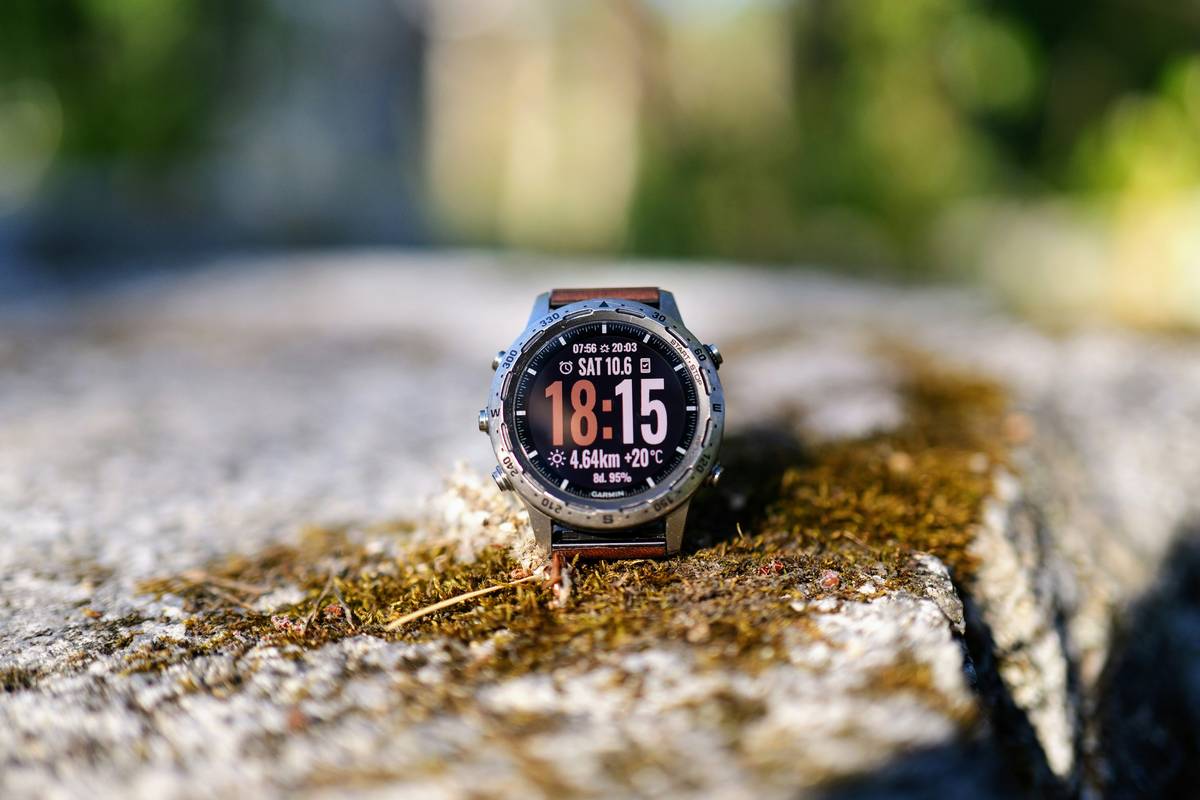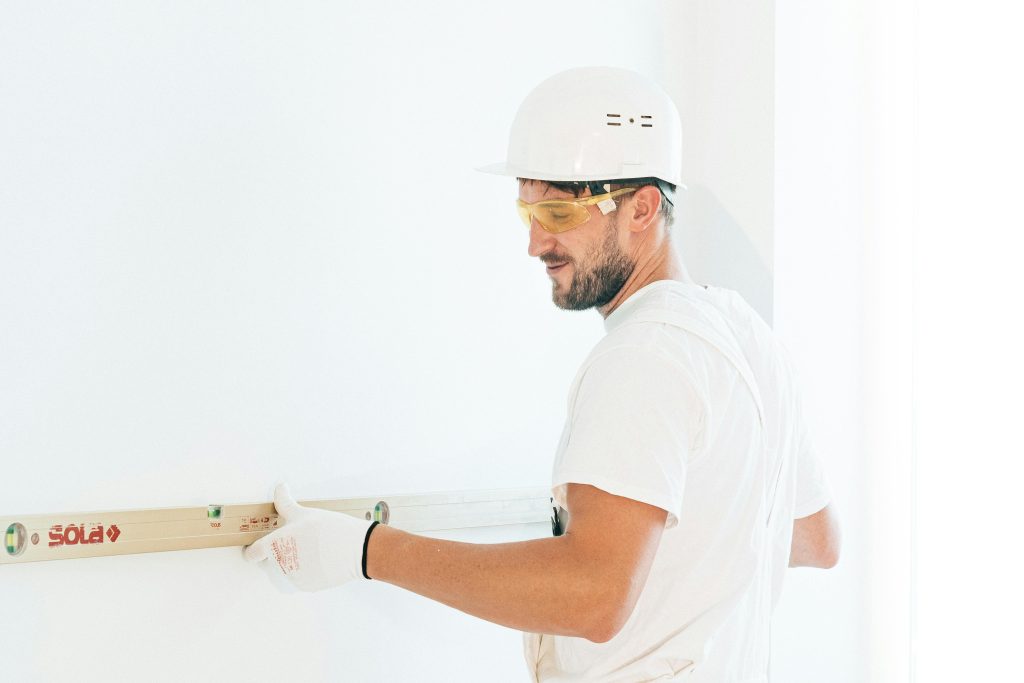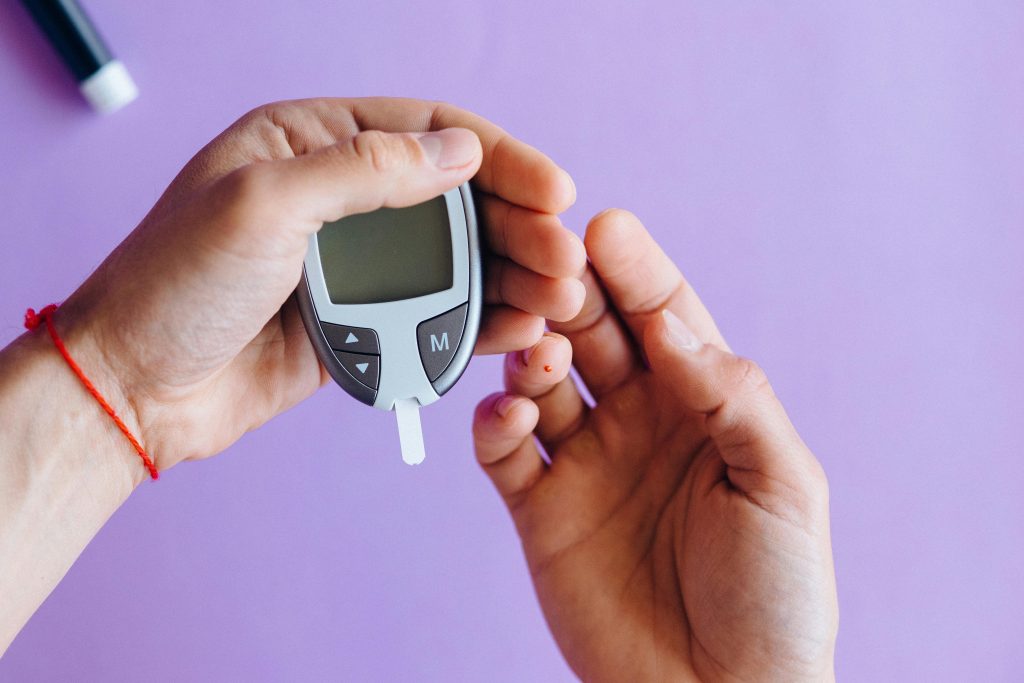Table of Contents
- Introduction
- Why Altimeter Watch Accuracy Matters
- How to Check and Improve Your Altimeter Watch Accuracy
- Best Practices for Precision
- Real-Life Examples of Accurate Watches in Action
- FAQs About Altimeter Watch Accuracy
- Conclusion
Ever Missed a Summit Photo Because Your Altimeter Was Off? Here’s Why It Happens.
You’ve been hiking all day, sweat dripping down your back, anticipation building with every step. But when you finally reach what you *think* is the peak, your altimeter watch reads 50 feet off. Ugh.
In this post, we’ll dive deep into everything about altimeter watch accuracy: why it matters, how to test it, and even tips from some hard-won mistakes (spoiler alert: you don’t want to calibrate it mid-hike). By the end of this guide, you’ll know exactly how to choose and maintain an accurate device.
Key Takeaways:
- Altimeter watches are only as good as their calibration.
- Weather conditions can heavily impact accuracy.
- Regularly comparing readings to known benchmarks is essential.
- Not all altimeters are created equal—some brands are better than others.
Why Does Altimeter Watch Accuracy Matter So Much?
“Optimist You:” “Hey, close enough, right?”
“Grumpy You:” “Close doesn’t cut it when you’re trying to summit Everest!”
Imagine trusting your altimeter during a critical ascent, only to realize too late that it led you astray. Whether you’re mountaineering, paragliding, or just geocaching for fun, precision could mean the difference between success—or ending up lost at worst.

Even smaller errors—say, 10 feet—can add up over time. That’s why professionals obsess over altimeter watch accuracy. But the truth is, most wearable tech enthusiasts ignore this crucial factor until disaster strikes.
The Big Mistake I Made: Ignoring Calibration
Confession: On one backpacking trip, I thought my brand-new $600 smartwatch would be foolproof. Spoiler—it wasn’t. The reading was off by nearly 300 feet because I hadn’t calibrated it properly before leaving camp. Lesson learned? Always double-check before relying on it.
How to Check – And Vastly Improve – Your Altimeter Watch Accuracy
If you’ve ever cursed under your breath after realizing your altitude was wrong, follow these steps to avoid repeating the cycle.
Step 1: Understand How They Work
Most altimeter watches use barometric pressure sensors to estimate elevation. This means they’re vulnerable to weather changes, so understanding their limitations helps manage expectations.

Step 2: Calibrate Regularly
Calibration sounds fancy but isn’t rocket science:
- Find a reliable reference point (e.g., a marked trailhead sign).
- Set your device to match that exact altitude.
- Recheck periodically throughout your journey.
Best Practices for Precision in Any Scenario
Pro Tip #1: Avoid Terrible Weather Conditions
Rainstorms, sudden drops in temperature—you name it. These wreak havoc on barometric sensors. If there’s nasty weather ahead, consider bringing backup tools like GPS devices.
The “Worst” Advice Ever Given
Here’s something absurd someone actually told me once: “Just eyeball it!” Yeah, no. Don’t do this unless you enjoy getting hopelessly turned around. Trust technology—but make sure it works first.
Sounds Like… A Whirring Fan?
Ever had your trusty altimeter sound alarm bells mid-climb due to faulty data? Sounds like chaos—and frustration levels rising faster than your heartbeat.
Real-Life Examples: When Altimeters Save Lives
A climber named Sarah credits her altimeter watch with saving her life during a blizzard in Patagonia. After visibility dropped to zero, she relied solely on her calibrated device to navigate safely back to base camp.

Frequently Asked Questions About Altimeter Watch Accuracy
Do All Altitude Watches Have the Same Level of Accuracy?
Nope. Higher-end models tend to offer more reliable results thanks to advanced sensors and algorithms.
Can I Fix an Inaccurate Reading Mid-Hike?
It depends. Simple recalibration usually fixes minor issues, but significant problems might require professional help later.
Is GPS Better Than Barometric Sensors?
For static locations, GPS wins. For dynamic movement tracking, barometric systems often excel since they respond quicker to changes.
In Conclusion: Become a Master of Altimeter Watch Accuracy Today
Accuracy isn’t optional—it’s non-negotiable. From regular calibration to avoiding common pitfalls, mastering your device ensures smoother adventures and safer journeys.
So here’s your final pep talk:
“Optimist You:” “Go conquer those peaks, armed with perfect precision!”
“Grumpy You:” “Yeah, yeah, just promise me coffee waits at the top.”
And remember, caring for your gear feels nostalgic—like feeding a Tamagotchi daily. Now go rock that adventure!
Haiku:
Summits call above,
Numbers whisper true paths—
Accurate watches win.


